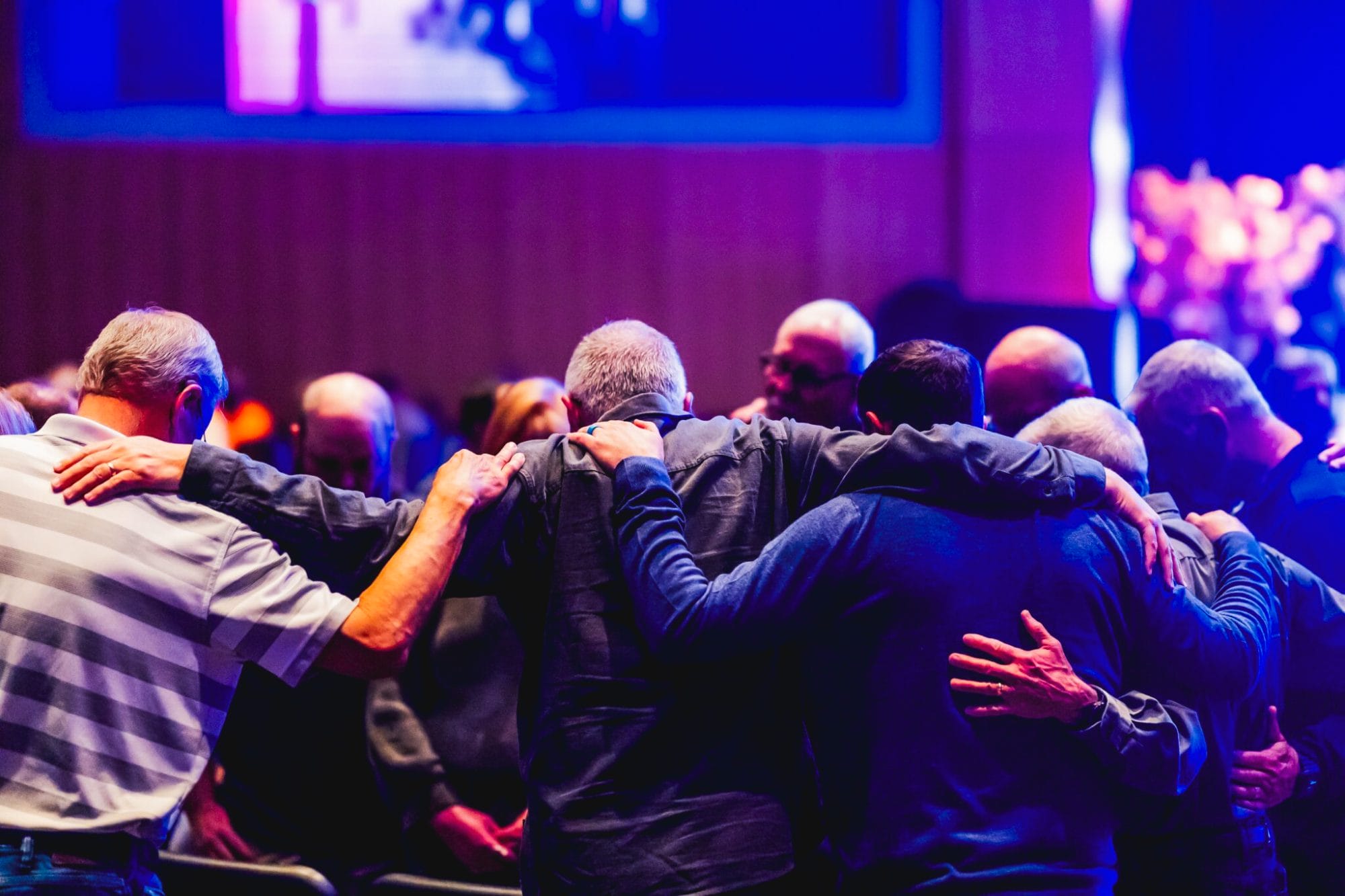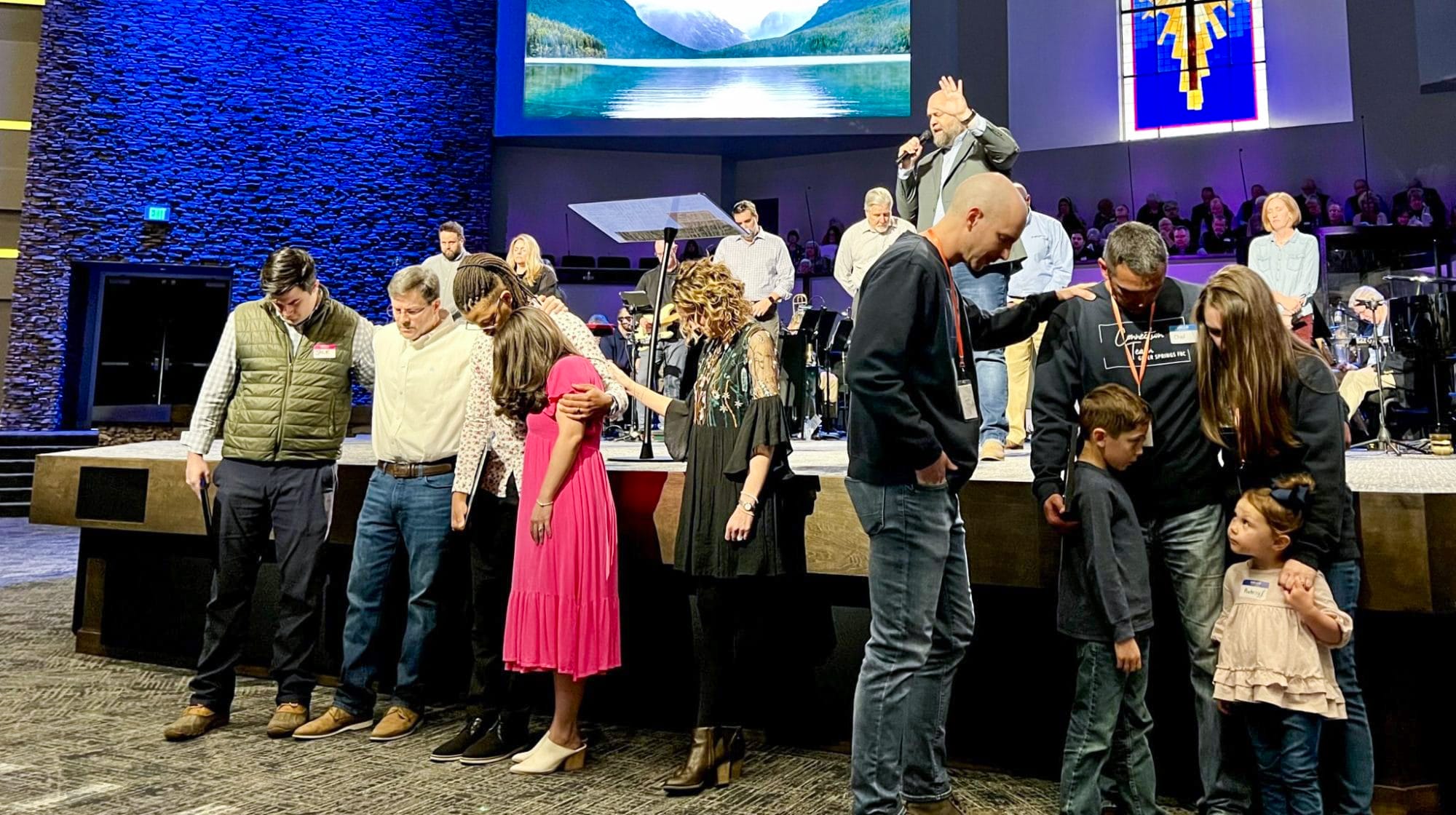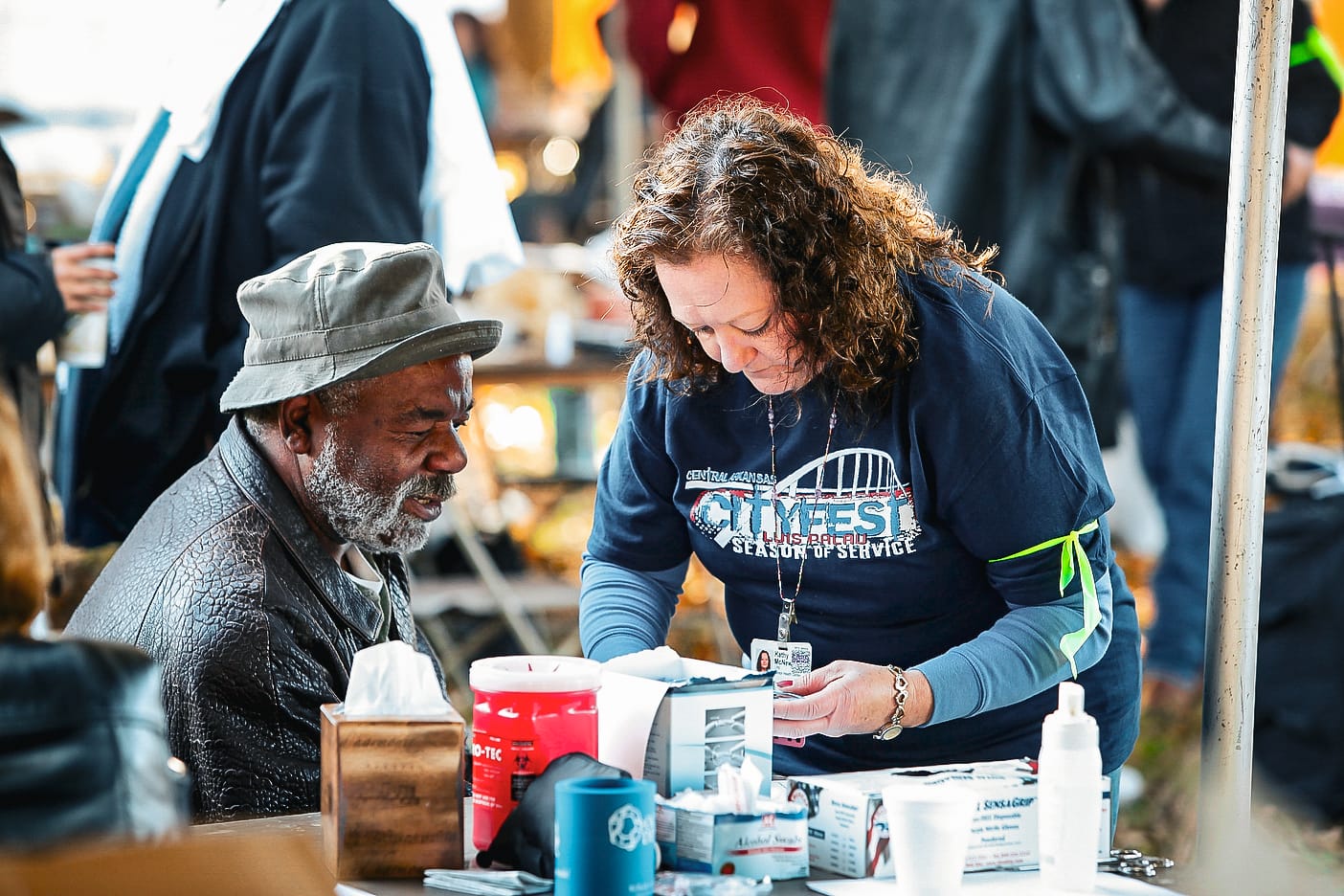A Vision for Flourishing Cities
It was Spring 1995, and I was nearing the end of a wonderful year of participation in Class X of Leadership Greater Little Rock. It was a nine-month leadership program connecting community leaders to promote understanding and dialogue around the top opportunities and challenges facing our communities. Memories of those meetings have faded over time, but there was one meeting that I will never forget.
The topic of this meeting was economic development. The presenter that day handed each of us a recently published booklet about life in Central Arkansas. It included information about housing, hospitals, schools, dining, shopping, and recreation. As I flipped through the booklet, I noticed one glaring omission. There was nothing about churches. Out of curiosity, I shared my observation with the presenter at the next break. He seemed surprised as well. Two days later, I received a letter apologizing for the omission. When I shared the letter with a fellow pastor, we both had the same painful feeling.
Although some churches were doing good things, it didn’t even occur to the authors to include churches in the booklet. Once considered vital to a thriving community, the church had lost its place of influence.
That new awareness was a sobering wake-up call to me and other pastors.
Called to Faithful Obedience
The experience that day has stuck with me as I work with pastors every day who long to see the truth of Jesus Christ transform our cities. One question many are wrestling with is:
What can we do to bring about real change in our community?
The statistics paint a stark picture of why this question is so urgent. Arkansas has the nation’s highest divorce rate. We’re in the Top 5 for teen pregnancy and violent crime. One in three kids grows up without both parents in the home. Forty-one percent of families can’t afford basic necessities. Only 16% of seniors are college-ready.
That data is clear—our cities need us. The Church can help. Sadly, fragmented efforts to bring about real change have frustrated many leaders. But I’m seeing something encouraging on the horizon. Pastors and leaders across Arkansas are beginning to catch a vision for what God commanded His people to do in Jeremiah 29:7.
Seek the peace and prosperity of the city to which I have carried you into exile. Pray to the Lord for it, because if it prospers, you too will prosper.
God gave this command to the Israelites while they were in exile, but the New Testament reveals that it remains relevant for us today. The Apostle Peter addresses Christians as “foreigners and exiles” (1 Peter 2:11), reminding us that while this world is not our ultimate home, we are called to faithful obedience wherever God has placed us.
Jesus taught His disciples to pray, “Your kingdom come, your will be done, on earth as it is in heaven” (Matthew 6:10). Our goal as the Church is to bring heaven down to earth. In our homes. In our workplaces. In our schools. In our neighborhoods. In our city. In our state.
We become the salt and light that changes our cities when we do two essential things:
- Praying for our cities
- Seeking their welfare
But what does it actually look like when churches do this in our state?

A Glimpse of What’s Possible
Lauren Linz, who oversees CityChurch Network’s Equipped Leaders Initiative, told me about a commissioning service that gave me hope for what’s possible when churches work together. Four churches—Geyer Springs First Baptist Church, South City Church, The Way Church Network, and Impact Inner City—had spent months collaborating through our Kingdom Cooperation project to train people as mission-ready disciple-makers.
That Sunday, Lauren addressed the congregation: “Today, we are commissioning three ‘mission-ready’ couples who have completed in-depth studies of Acts and the first-century church, paradigm-shifting training that teaches how to facilitate great conversations, and a system for equipping someone in the First Principles of the Faith.”
Neal Scroggins, pastor at Impact Church, told Lauren, “The initial conversations about bringing multiple churches together seemed insurmountable. However, this journey has been one of the sweetest I’ve had in my thirty years in ministry!”
Adam Miller, Mission Pastor at Geyer Springs First Baptist Church, had this to say: “This is so rare, but I pray we see more of it. What God started through Kingdom Cooperation is exactly what Arkansas needs to expand the kingdom into broken and unengaged areas.”
These churches chose to work together because God’s kingdom is bigger than any one church.

Pursuing Shalom
We long for flourishing communities. The remarkable truth is that this longing isn’t wishful thinking. It’s what God has promised to give us. Isaiah 65:17-25 offers a breathtaking glimpse into the future reality of the new heaven and new earth—a place where joy and celebration replace sadness and grief, people live long and healthy lives, children are thriving, there is economic prosperity for all, and everyone feels safe and secure.
In Agents of Flourishing: Pursuing Shalom in Every Corner of Society, Amy L. Sherman explains how our longing for community transformation connects to the Hebrew concept of shalom:
The Bible teaches that we are made for four foundational relationships: with God, ourselves, others, and the creation itself. The Hebrew word shalom captures the notion of peace in these four relationships. Shalom signifies spiritual, psychological, social, and physical wholeness. And shalom is God’s normative intention for us. Shalom is what we find in his original creation, and shalom is what will characterize the new heaven and new earth in his consummated kingdom. Put another way, God designed us for flourishing. This is because, as Art Lindsey has said, flourishing is simply “shalom in every direction, personal and public.
Flourishing extends beyond spiritual realities into tangible aspects of community life. The Thriving Cities Group at the University of Virginia has identified six endowments of community well-being that align with the biblical vision of flourishing:
- The True — the realm of human knowledge and learning
- The Good — the realm of social mores and ethics
- The Beautiful — the realm of creativity, aesthetics, and design
- The Prosperous — the realm of economic life
- The Just and Well-Ordered — the realm of political and civic life
- The Sustainable — the realm of natural and physical health
Throughout history, followers of Christ have been catalysts for community transformation. As Sherman writes:
The saints who have gone before us contributed in major ways to the peace and prosperity of their cities. Notably, they did it from a variety of social locations, from the margins to the center of culture and places in between. They did it sometimes with sparse resources and other times with plenty. At all times they did it through rigorous thinking, fervent prayer, strong leadership, long-term commitment, and a willingness to sacrifice and suffer. With the same ingredients we too—as individual believers and corporate churches—can be used by God to influence significant, positive change in our communities.
We, too, can be used by God to build flourishing communities and transform our state. When churches come together around a shared vision for flourishing, something powerful happens. Relationships deepen. Resources multiply. And what seemed impossible becomes possible.
Instead of being invisible in the community, people can see a united Church as the greatest hope for our communities in Arkansas.
A Historic Opportunity
The Church can be that again. That is the conviction behind the Arkansas Flourishing Cities Summit on September 25th and 26th. Something like this has never been done in Arkansas—a statewide gathering of church and nonprofit leaders united around the vision of Jeremiah 29:7.
Picture church leaders from Conway to Texarkana, from Mountain Home to Jonesboro, from different denominations and backgrounds, gathering with one shared purpose: to seek God and seek the welfare of the cities and people we love and serve.
The Summit isn’t a conference where you sit, listen, take notes, and go home unchanged. In fact, it’s not a conference. It’s a gathering of the Church in Arkansas to obey the two commands given in Jeremiah 29:7.
Thursday will be devoted to seeking God together—extended time to prayer and worship as we cry out to the Lord for our cities. Friday will focus on collaborative strategies and practical next steps for impacting our neighbors and cities for good.

Rising to the Occasion
Scott Harness, the lead pastor at That.Church in Sherwood shared his hope of what is possible when we work together:
Think about all the things that would not have existed if it weren’t for cooperative work. We wouldn’t have mission work, hospitals, or orphanages. We wouldn’t have school systems like we have today. We wouldn’t have the Red Cross. We wouldn’t have nursing. We wouldn’t have the abolition of slavery. All of that is because of the cooperative work of the Church.
The Church did big things back in the day because the Church worked together. There was cooperation. We should do the same thing. Then we would see things happen that we had read about, rather than just read about them. Our generation has an opportunity to do that.
Scott’s hope is what’s driving the Summit—not to replace what individual churches are doing, but to amplify those efforts with extraordinary prayer and strategic collaboration.
The Time Is Now
In a culture marked by growing division, decline, and despair, the heartbreak isn’t found in statistics. It’s found in the lives of people we know. The couple at your church that can’t afford this month’s rent. Your brother, whose marriage is falling apart. Your coworker’s daughter, who can’t read at grade level. Your neighbor’s son, who asks his mom why other kids’ dads show up for their baseball games.
These aren’t distant problems. They’re our neighbors. Our friends. Our family. And they’re looking for a reason to hope.
Let’s give them one.
The Church has both the mandate and the resources to do something. What we often lack is the unity to multiply our impact. The Arkansas Flourishing Cities Summit is an opportunity to change that as churches unite as agents of flourishing.
We can write a new chapter in Arkansas—one where churches unite to bring glimpses of God’s kingdom to every corner of our state.
Together, we can transform Arkansas.
The Summit will take place September 25-26, 2025, at Geyer Springs First Baptist Church in Little Rock.
Click here to learn more about this year’s Summit.


